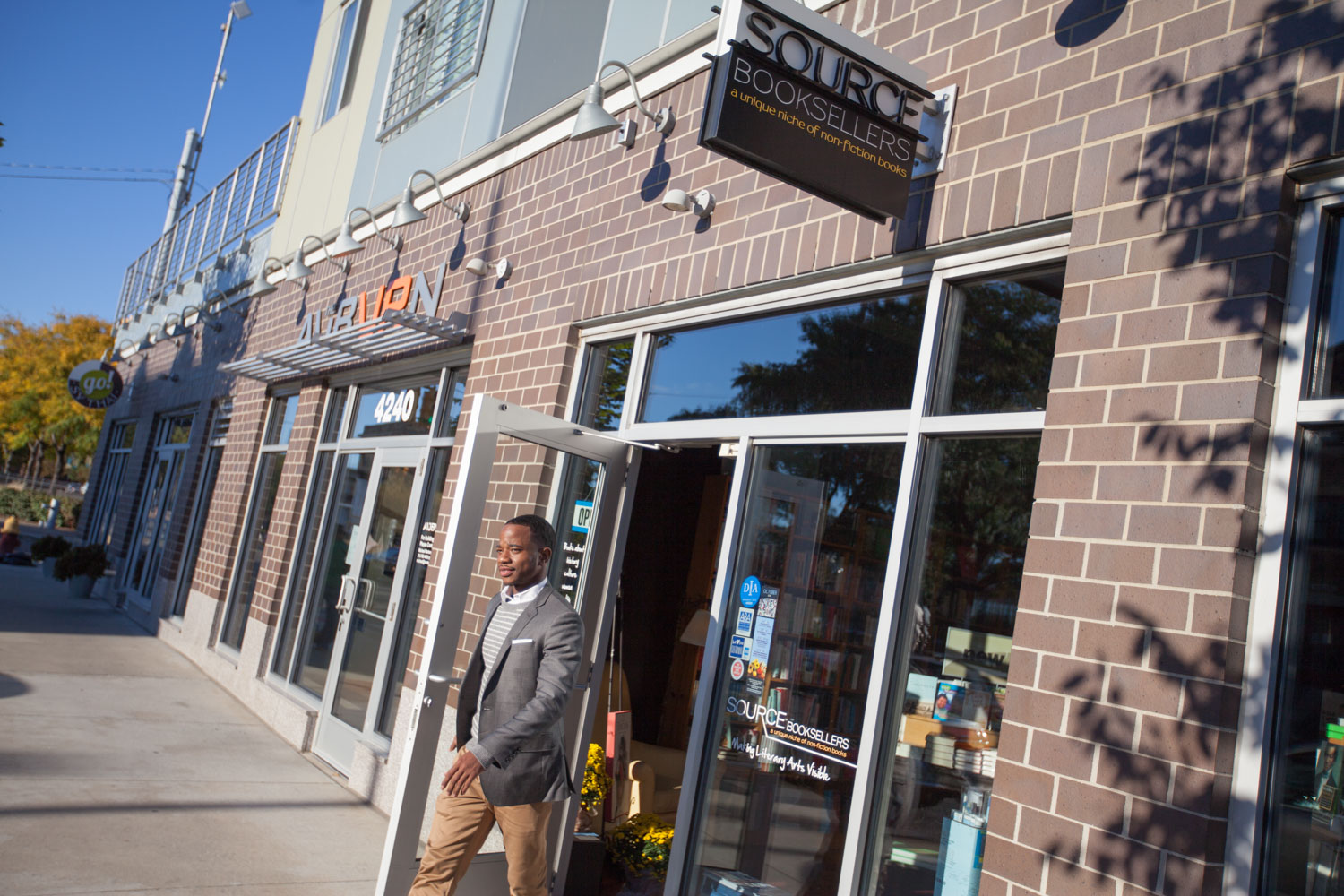Momentus Securities is taking a page from the corporate credit playbook and applying it to loans for affordable housing, healthcare, education, small businesses and food systems.
The new investment bank, a unit of Arlington, Va.-based Capital Impact Partners, is buying loans from community development financial institutions and other small-business lenders.
Momentus, a registered broker-dealer, plans to bundle such loans into securities with investment-grade credit ratings and sell them to pension funds, endowments and other institutional investors with an appetite for social impact but few easy ways to enter the market. The securities are backstopped by first-loss capital in the form of catalytic grants from philanthropic funders including the Robert Wood Johnson Foundation, Heron Foundation, Citi Foundation and MacKenzie Scott.
“We’re buying loans or unrated notes or credit facilities from impact institutions, and repackaging them and issuing CUSIP securities,” Momentus’ Alicia Reyes tells ImpactAlpha. Momentus’ aims to deploy $3 billion within three years.
“When you look at mainstream mutual funds, pension funds or investment accounts of insurance companies, the buckets of liquidity that they can allocate to impact investing are still very small,” says Reyes, who joined Momentus from Wells Fargo Securities, where she was CEO for Europe, the Middle East and Africa.
“If we could replicate what exists today for corporate credit into social credit, that would help us achieve our main mission.”
Operating capital
Momentus’ “social collateralized loan obligations”are an example of the financial products emerging to fill the gap in small-business lending, particularly in low- and middle-income communities. Entrepreneurs of color in the U.S. are starting the bulk of new businesses, led by Black women.
“We are skating to where we think the market will be and where the market has the potential to be,” says Ellis Carr, CEO of Capital Impact Partners and Momentus Capital, the umbrella brand for a family of financial services companies.
Giving local lenders access to institutional capital could vastly expand the credit available to founders and entrepreneurs with viable businesses but who are not eligible for loans backed by the U.S. Small Business Administration, said.
“They may not be SBA-eligible. But they’re still good credits. In today’s market they actually just don’t get funded,” Carr said. “This entity will be able to create more products in the market to elicit more investment from large institutionals to help communities achieve the visions that they have for themselves.”
Financing for small businesses in underserved communities has been a challenge not only for traditional banks, but even for community development financial institutions, or CDFIs, that explicitly serve low-income neighborhoods. Most have primarily financed real estate transactions, rather than operating businesses. The same emphasis on real estate deals rather than small-business financing is apparent in funds operating in designated Opportunity Zones.
The Covid-19 pandemic exposed glaring gaps in financing for small businesses, as well as weaknesses in the balance sheets of local lenders that, often heroically, tried to come to their rescue. New York, California, Washington and states across the South stood up “community recovery vehicles” that purchased loans from CDFIs, freeing up their balance sheets for further lending.
Mispriced risk
Capital Impact Partners, itself a CDFI with roots as a lender for affordable housing and community infrastructure, moved to add business lending capacity in 2021 by teaming with San Diego-based CDC Small Business Finance, now a part of Momentus Capital.
CDC’s Ventures+ technology platform is used by more than 250 CDFIs and “certified development companies” to originate and manage loans. Last year, about $24 billion in loans were originated through the platform, he said. Momentus already is using that pipeline to begin to warehouse loans for securitization.
Carr has seen first-hand the need for sources of capital not bound by SBA lending criteria. After working in Detroit for more than a decade, Capital Impact Partners introduced the SBA’s Community Advantage Program, which offered business loans not secured by real estate of up to $250,000. From more than 300 inquiries from local entrepreneurs, Capital Impact was able to complete only three loans, primarily because the borrowers’ credit scores didn’t meet the program’s criteria.
Capital Impact created its own product, “with more realistic credit expectations,” Carr said. But the CDFI could only afford a $4 million pilot program.
With adequate capital, he says, “We will be tapping into a market that probably either does not get capital today, or they get capital from some predatory lender.”
Carr said lenders misperceive the real risks of CDFI loans to community infrastructure such as affordable housing, health centers and schools.
Packaging securities will help document the performance of such assets and “put together real and perceived risk so that these things can be priced accordingly,” Carr says.
Providing capital to small lenders to expand such loans will generate even more data “and have the market be more intelligent about the real and perceived risks associated with making certain loans to certain types of groups and or people.”











